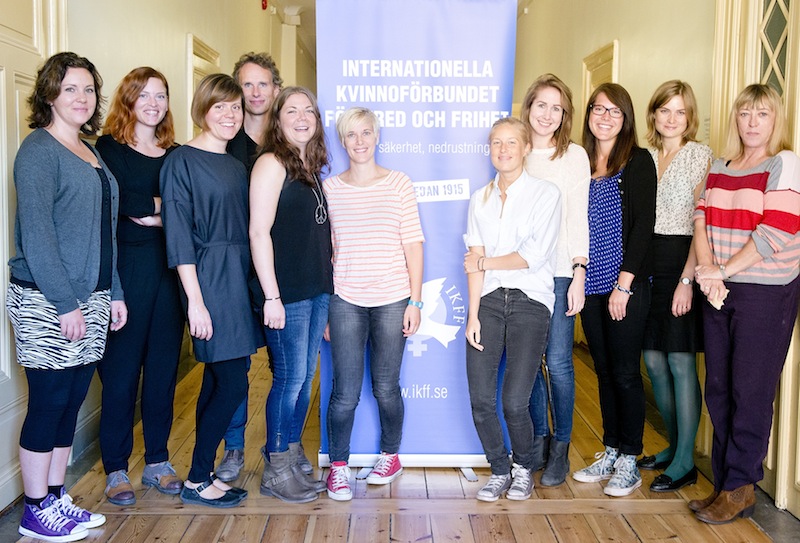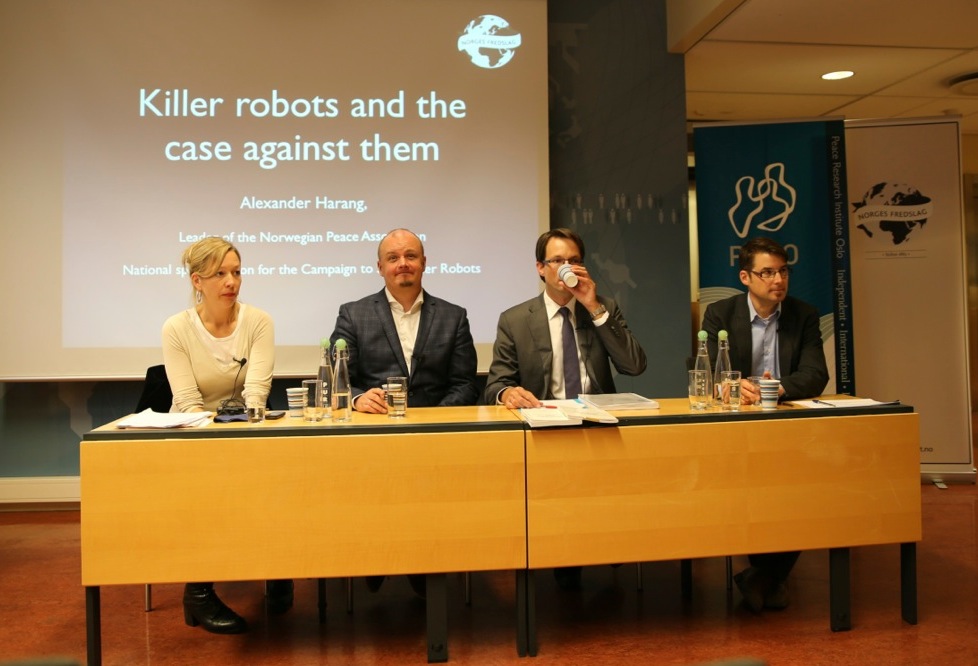
It's Time for International Talks
At an event at the United Nations in New York today (Monday, 21 October), representatives of the Campaign to Stop Killer Robots urged all nations to agree to begin international talks aimed at preventing the creation of fully autonomous robot weapons that, once activated, would select and engage targets without human intervention.









